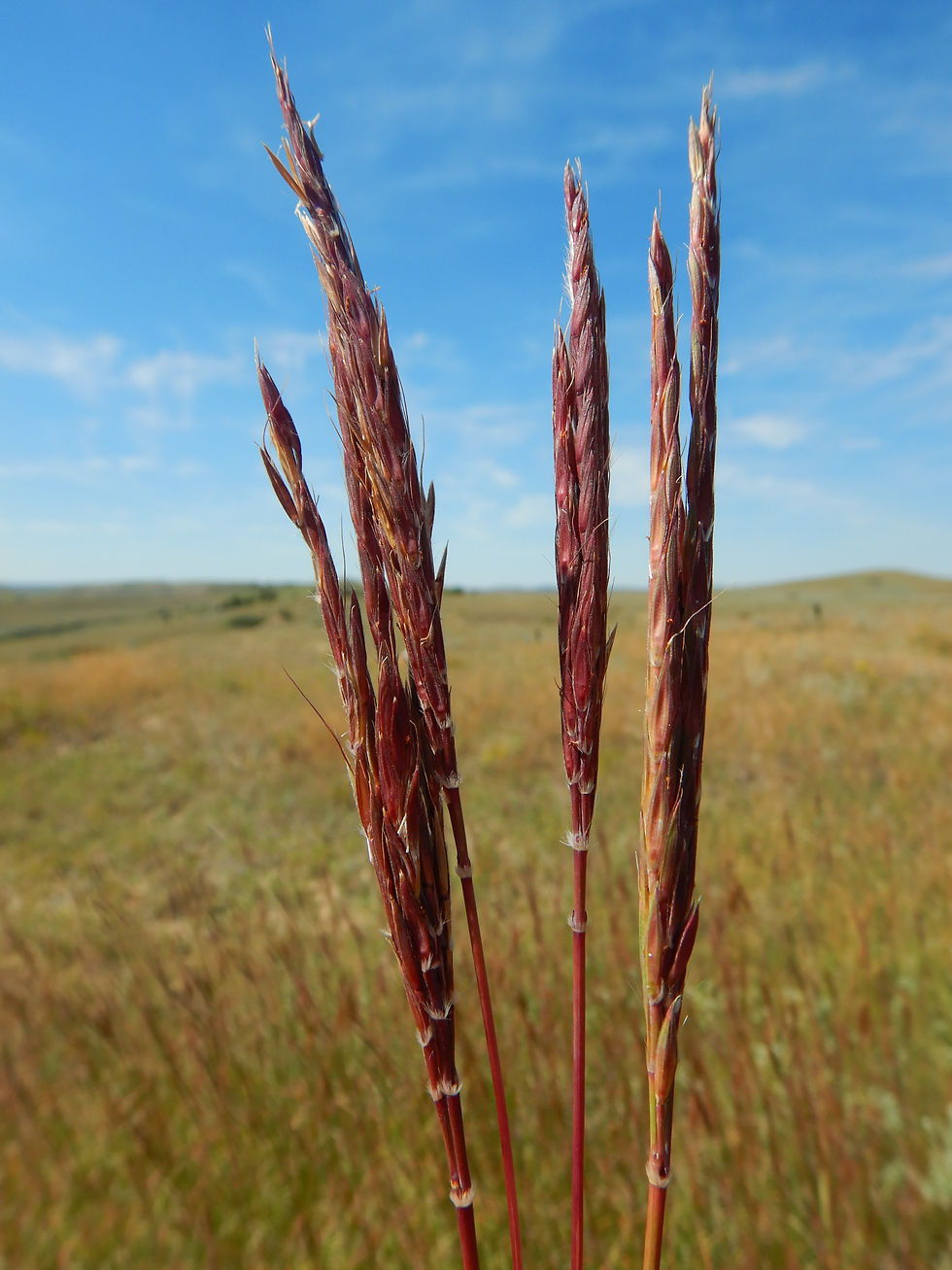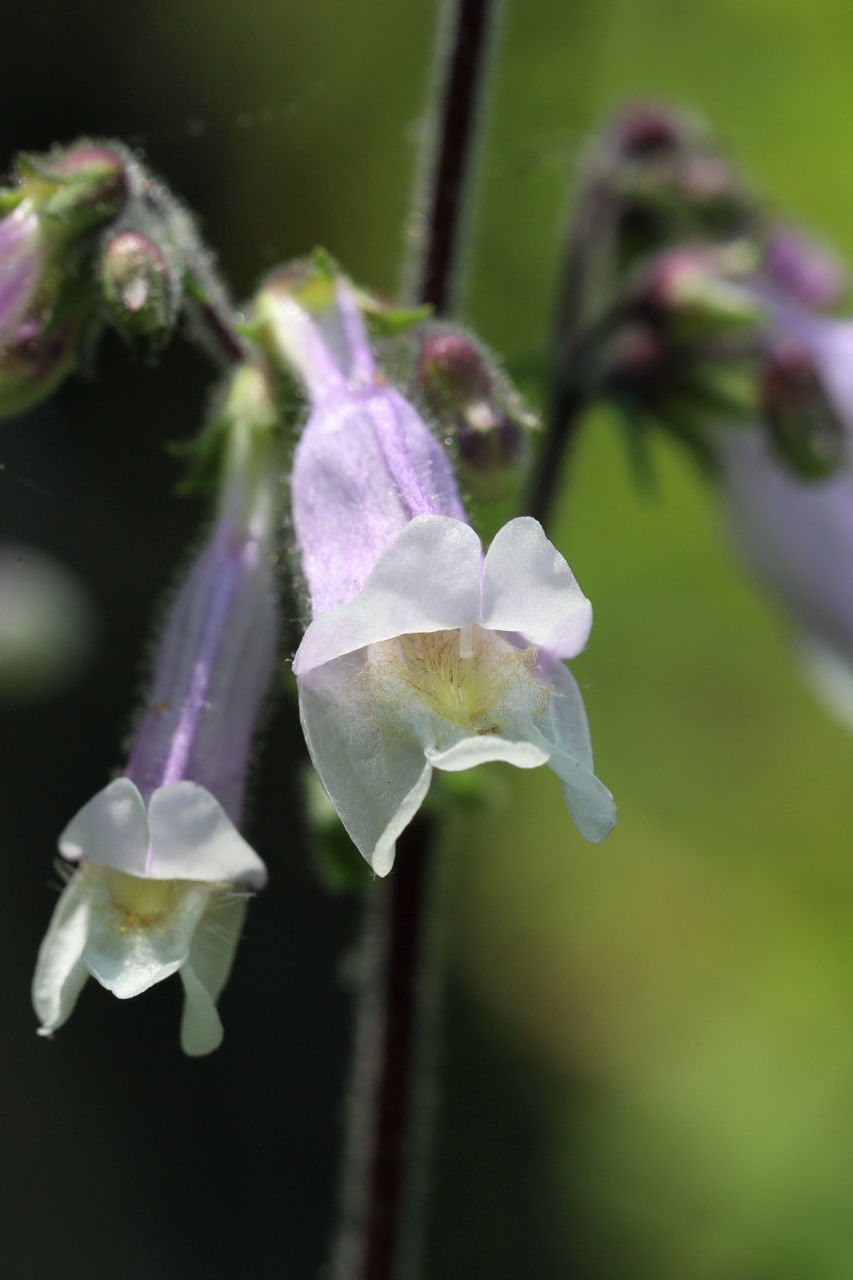White Oak is arguably the most majestic of all the native trees and the most valuable for supporting insects. It is a Keystone Plant because more than 500 species of moth and butterfly larvae grow and feed on its leaves.
These insects in turn feed songbirds and allow those birds to raise their young.
White Oak is a sight to behold in an open meadow with its gloriously rounded canopy soaring sometimes 100 feet or more, twisted limbs and light, furrowed bark. Its trunk expands up to 4 feet in diameter, and its overall canopy spreads 50 to sometimes 90 feet.
White Oak's lower branches can be horizontal and hold its leaves until spring. It tolerates a range of soils from swamp margins to dry ridges.
Oaks, with their deep taproots, are suitable even in tight spaces, as long as the crown has room to spread. Oak trees filter stormwater runoff and sequester carbon.
And because White Oak trees are so long lived (600 years!) they make great trees for marking family milestones.
Fun fact: Ancient Greeks Romans and Vikings worshipped White Oaks as a sacred symbol of strength and endurance. The White Oak was considered the mystical link between earth and the heavens. (nps.gov)
For more on White Oak, read our blog here.
Quercus alba (White Oak)
- Pollinator value: Medium
- Wetland status: FACU
- Mature height: 50-80 feet, up to 100
- Spread: 50-80 feet
- Light: Full sun
- Soil: Well-drained; adaptable
- Foliage: Deciduous, two-toned green, reddish-brown fall
- Growth rate: Slow; long lived
- More information and native range here
















